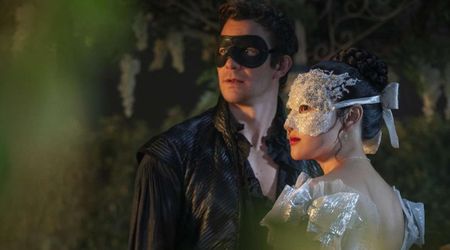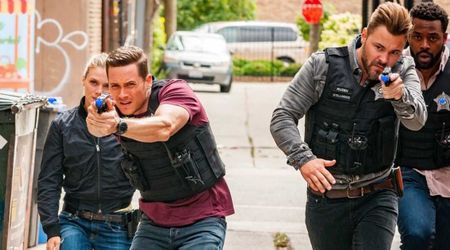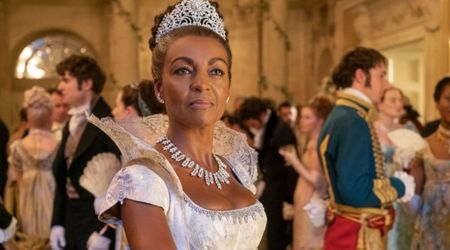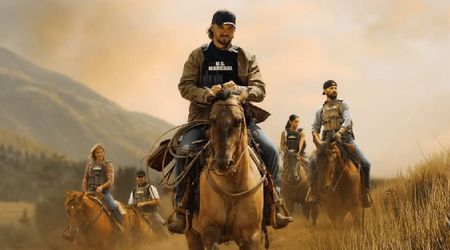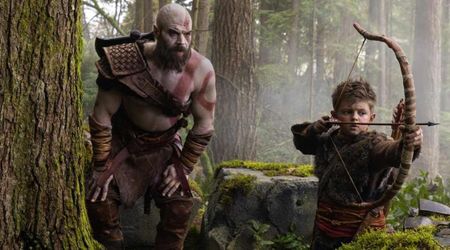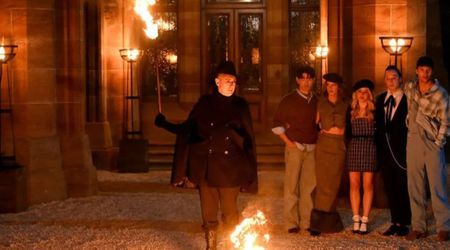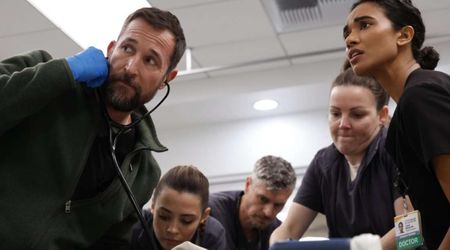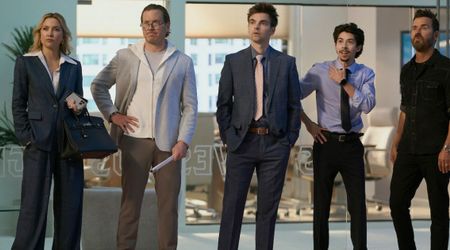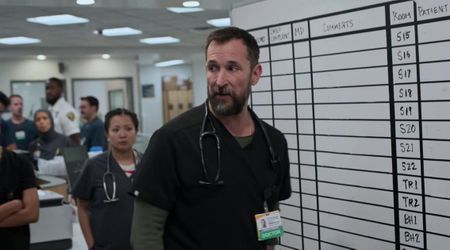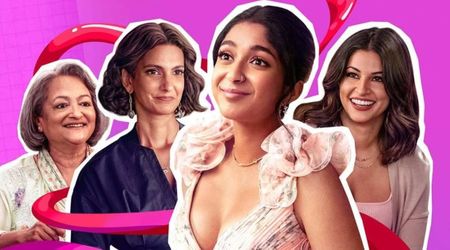'30 for 30 Lance' Review: Unabashed tale sees Lance Armstrong trying to win hearts one last time

Spoilers for '30 for 30 Lance'
For sports fans who wanted an honest account of the brutalities, the challenges, the highs and lows of imminent sports personalities and the games they are involved in, 'The Last Dance' came in as the perfect content that saw the epic 1998 season of the Chicago Bulls and also the famous events that led up to it. After five weeks of gripping episodes, ESPN brought back another world-class athlete to share his story. Lance Armstrong was a national hero, and for some, he still is, but this unabashed version of '30 for 30 Lance' is a stinging tale.
It is a no-holds-barred interview. "Oh, we're going to go there directly?" Armstrong asks, part flummoxed, partly amused when the first question is about his doping and the age he started. "21" he replies. But that sets the tone for a two-hour Part 1 that focuses heavily on the disgraced Tour de France after the drug scandal, the Austinian's early days as a triathlete and his battle with testicular cancer, and surprisingly, packs in a small segment about the first wife, Kristin Richard.
Dubbing Armstrong to be a total a*****e was probably easy for fans when they caught the opening minutes of 'Lance', but if this is about him attempting to win the hearts of people after the doping incident that saw him fall from the pinnacle of greatness, then you cannot fault him for it. There will be mixed opinions and by the end of the series, the seven-time Tour de France winner may not have won hearts, but he has told the world his side of the story to the best of his ability.
Casually dressed in a loose-fitting v-neck black tee, gelled back hair and a glint in his eye, Armstrong dishes out memories. Some filled with pride, some with pain. You can see him flinch when he relives the moment he realized he was diagnosed with cancer. It was like being hit with a sledgehammer. This was the time Armstrong has cemented his name as one of those athletes destined for greatness. What followed was a slump, a loss of contract and a feeling of desperation to get back on the saddle.
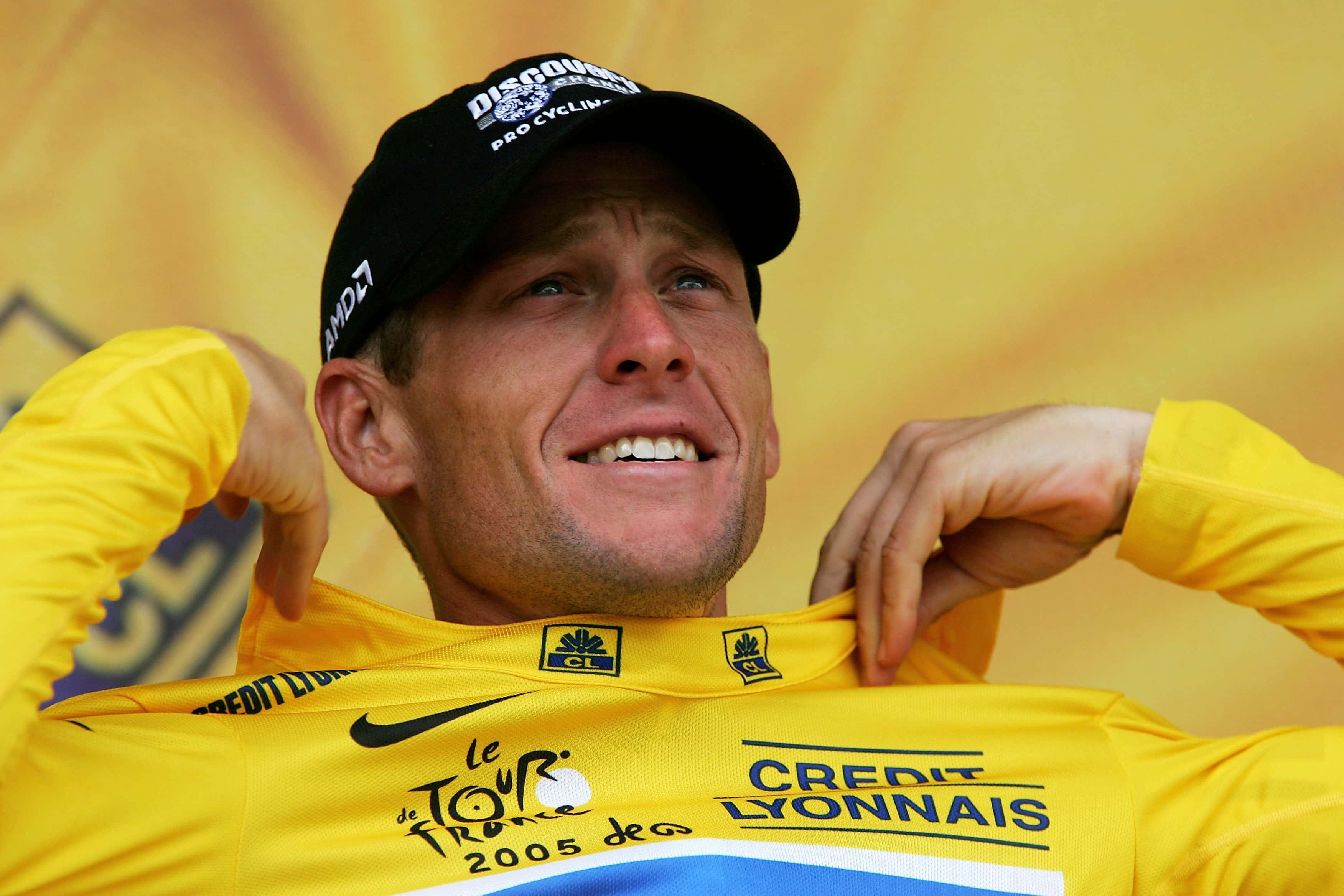
Winning meant everything to Armstrong, but the only time he felt miserable was when he competed against seven-year-olds in swimming competitions. His childhood is a story in itself. Born to Eddie Gunderson and Linda, he took the name of Armstrong after his mother remarried. Linda was pregnant at 16, so when Lance was 20, she was 37. While there was love from Linda, his father Terry Armstrong was a strict disciplinarian who beat the boy each time there was a mistake. "Who cares about a f*****g open drawer? Armstrong reminisces about that being one of the reasons he got thwacked by Terry. And his father has one regret — there was no love shown to Armstrong early on. "He wouldn't have been the champion he is today," he said after all the drilling Armstrong received early on. But maybe in giving his son a driven mindset, he left out the most important thing a child could ask for.
The scene immediately shifts to Tour de France, drugs, and the introduction of Michele Ferrari. His former teammates, Tyler Hamilton, George Hincapie, Jonathan Vaughters and David Zabriskie, all attempt to explain the grueling, toughest cycling race known to man and the best they come up with is by calling it an experience. And doping during these races was the only way to assure success, or be in the fray to win for that matter. Armstrong saw success in his cycling career early on, but this was a whole new level.
The relationship with Ferrari was "highly confidential" he says. And he quickly switches to answering questions about his doping. He knew what was in those drugs. EPO was the senzu bean back then and in what may come across as a controversial answer, Armstrong still vouches for it as a safe drug, assuming it is taken in conservative amounts and under the supervision of a medical professional. Rolling the clock back to 1995, by then EPO usage by cyclists led to the tainting of the Tour de France.
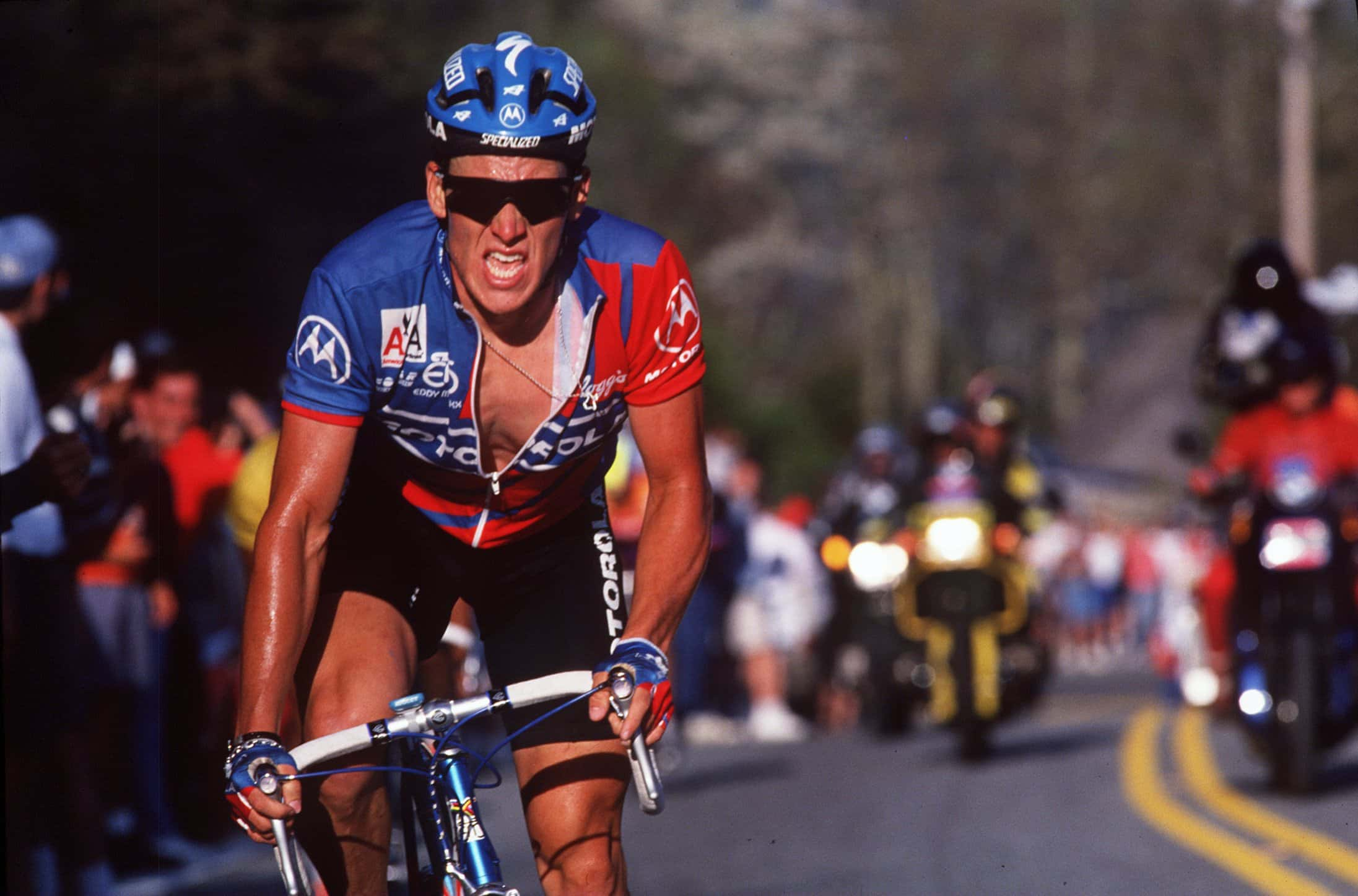
Armstrong still had no concrete answer if the usage of performance-enhancing drugs led to cancer. "Well, I don't know, but I can't say no either," he explains. And post his cancer treatment, Armstrong won the Tour de France and the French media smelled a rat. They quizzed and investigated, but by then the man was a hero of the world. He was an inspiration and when they did found traces of cortisone in his urine sample, it was attributed to skin cream. Part 1 of 'Lance' ends quite abruptly, but there is no denying that a story needs to be told.
'30 for 30 Lance' is quite simply the story of Armstrong and his last chance to win back his trust in the world. '30 for 30 Lance' airs Sundays 9 pm ET on ESPN.

